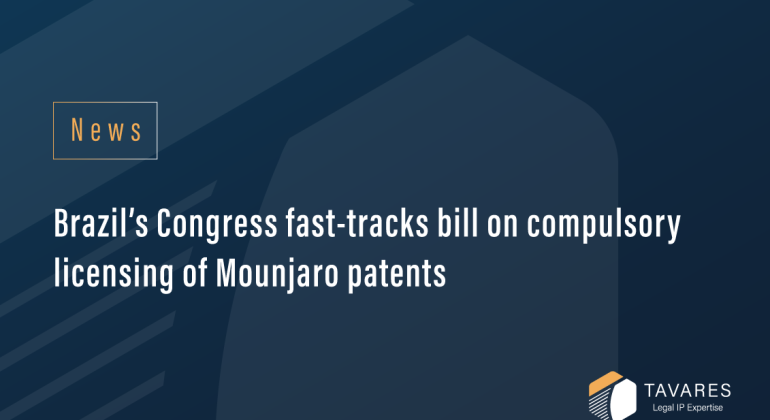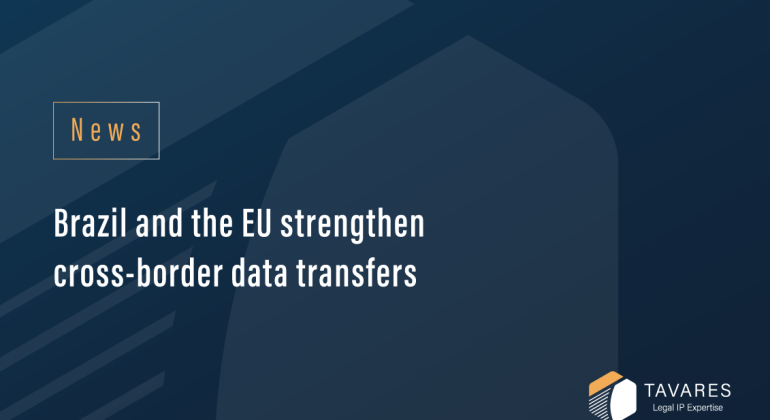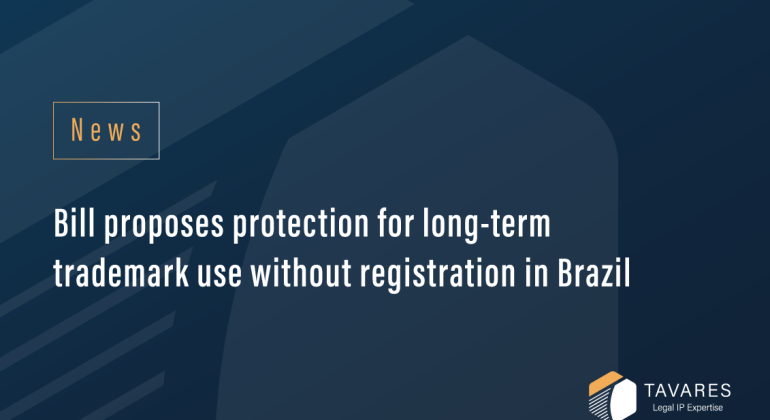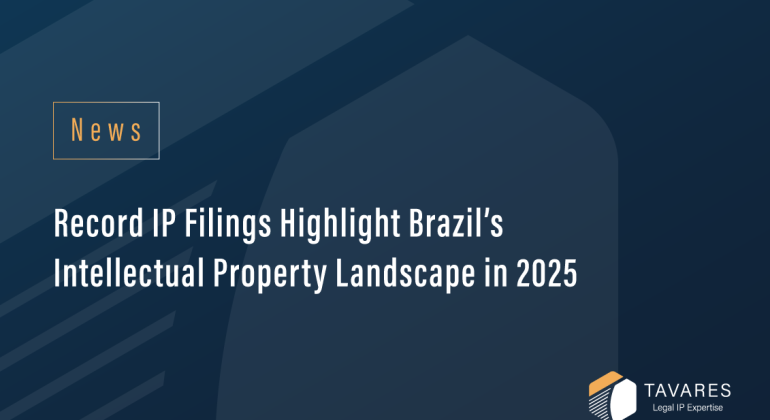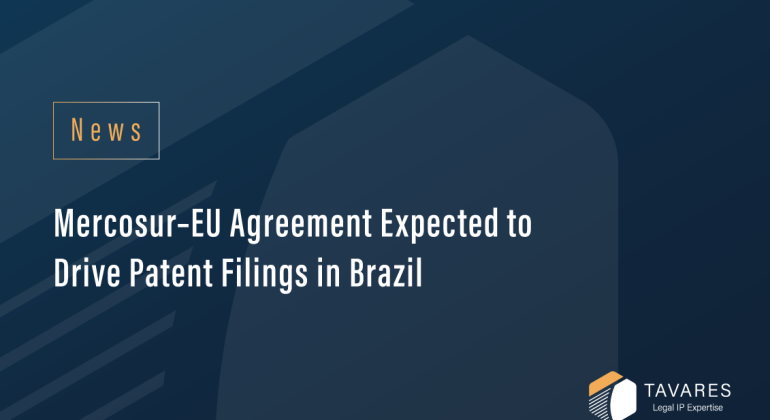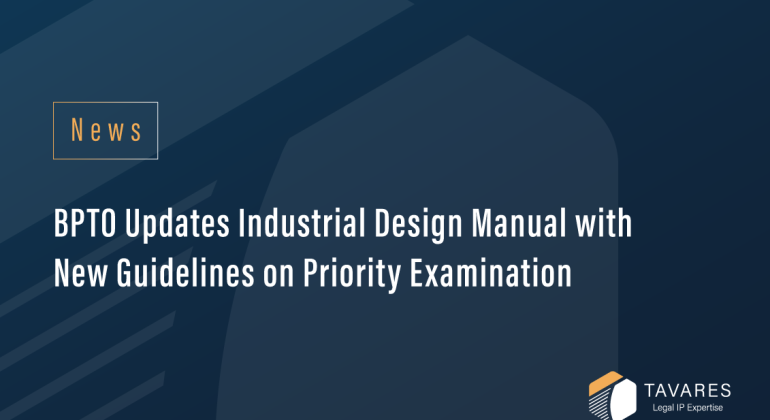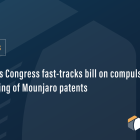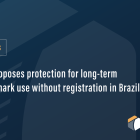Brazil’s Congress fast-tracks bill on compulsory licensing of Mounjaro patents
On Monday (9), Brazil’s Chamber of Deputies approved, by 337 votes to 19, an urgent procedure for a bill that allows the compulsory licensing of patents related to Mounjaro and Zepbound. The approval places the proposal on a fast-track, bypassing committee review and moving directly to a plenary vote.
The medications are used to treat type 2 diabetes and obesity, and the bill seeks to amend Brazil’s intellectual property framework to allow compulsory licenses for public-interest purposes.
Rationale behind the proposal
According to the bill’s justification, the high market prices of these drugs prevent their large-scale adoption, particularly in public health policies. The author argues that the current cost structure is incompatible with mass treatment strategies in a country with more than 200 million inhabitants, many of whom could benefit from such therapies.
The proposal also highlights that Brazil’s public healthcare system (SUS) is unable to absorb these medicines due to their elevated cost.
Parallel initiative in the Senate
A similar initiative is currently under discussion in the Brazilian Senate. The bill proposes a temporary suspension of the tirzepatide patent, the active ingredient in Mounjaro, on public-interest grounds. The proposal includes provisions for local manufacturing and expanded access to obesity treatment within the public healthcare system.
IP implications
These legislative initiatives revive discussions on the balance between patent protection and public health policies, particularly in the pharmaceutical sector. If approved, compulsory licensing measures may significantly impact patent strategies, pricing models, technology transfer agreements, and investment decisions in Brazil.

